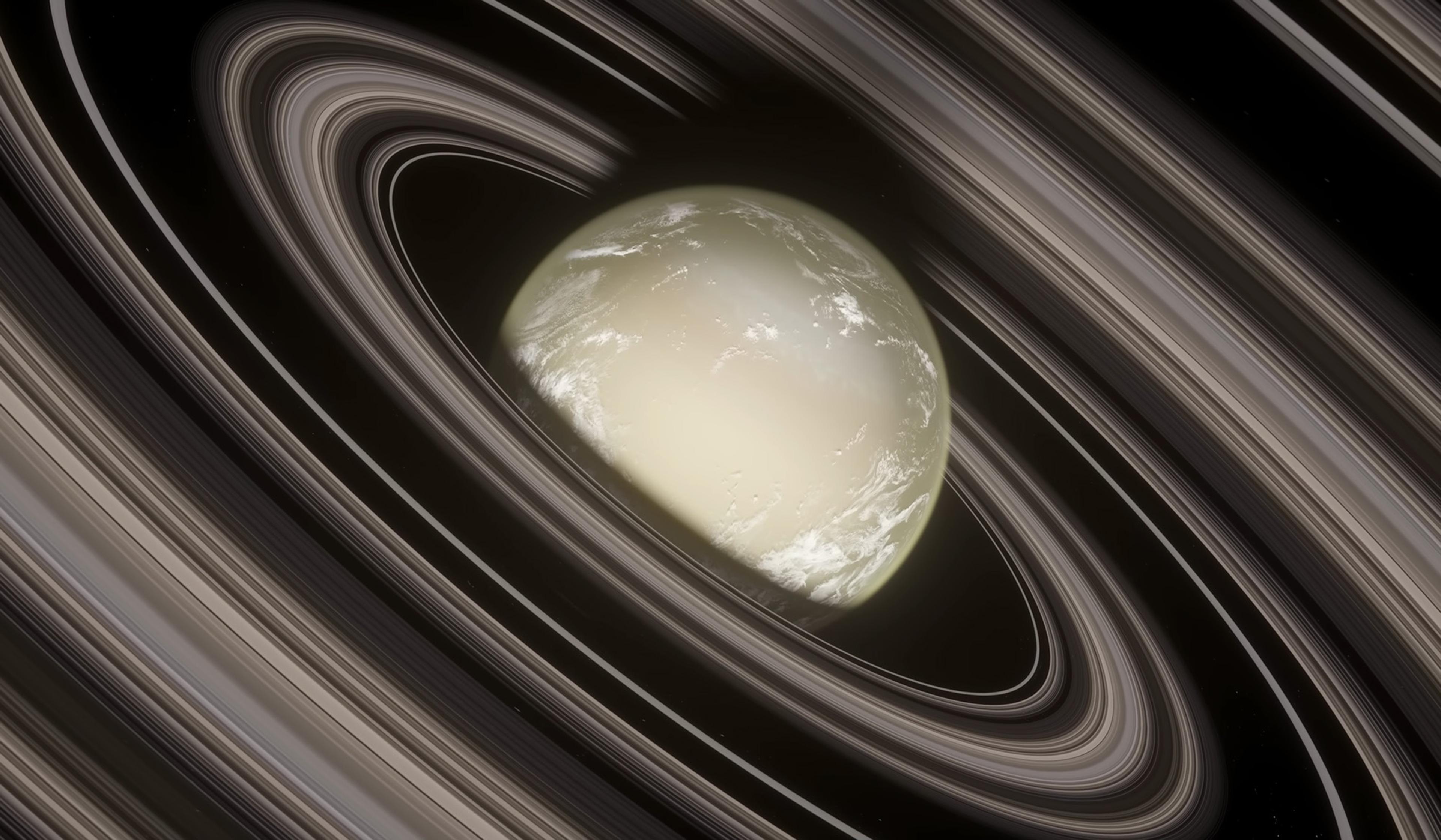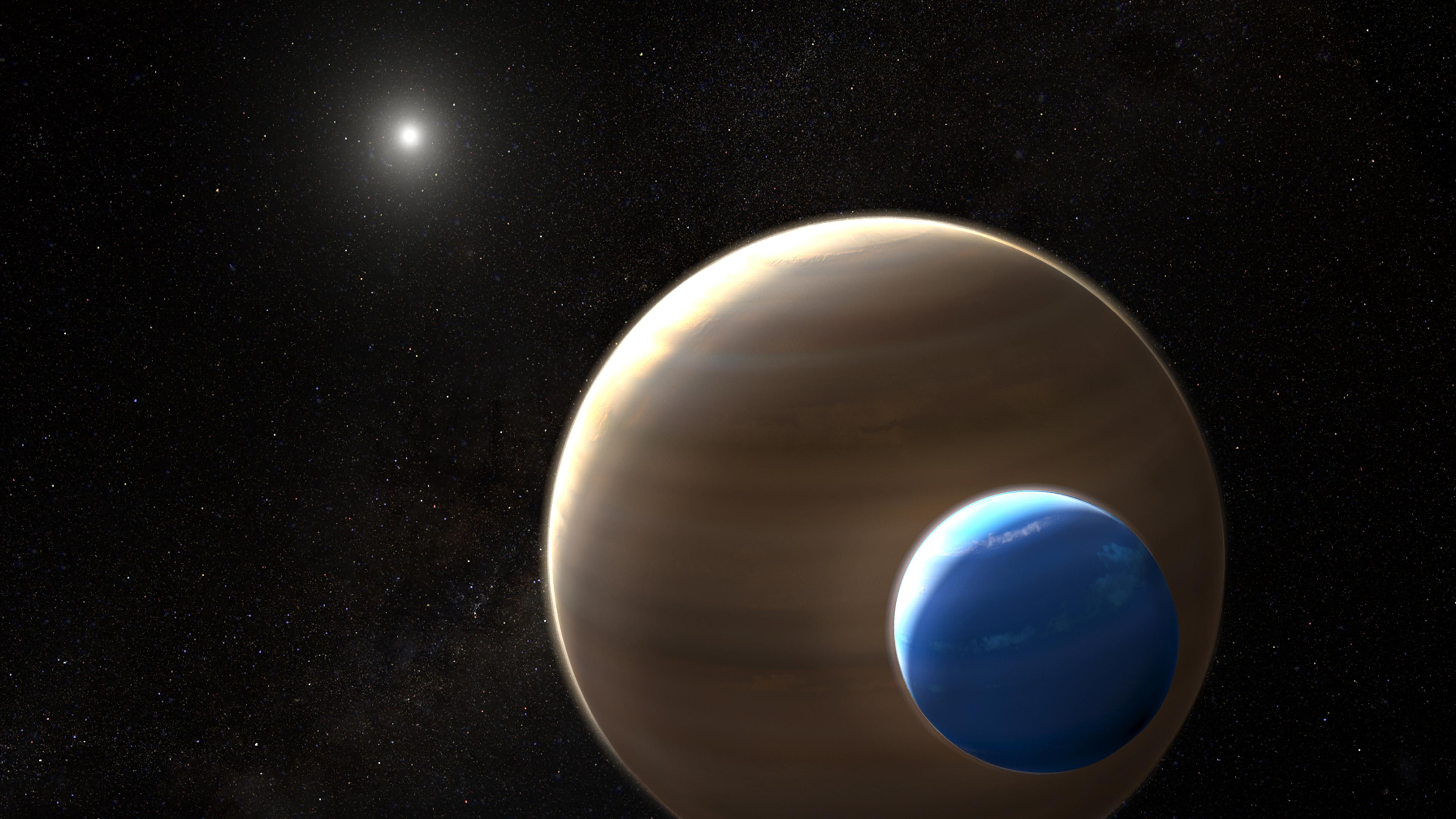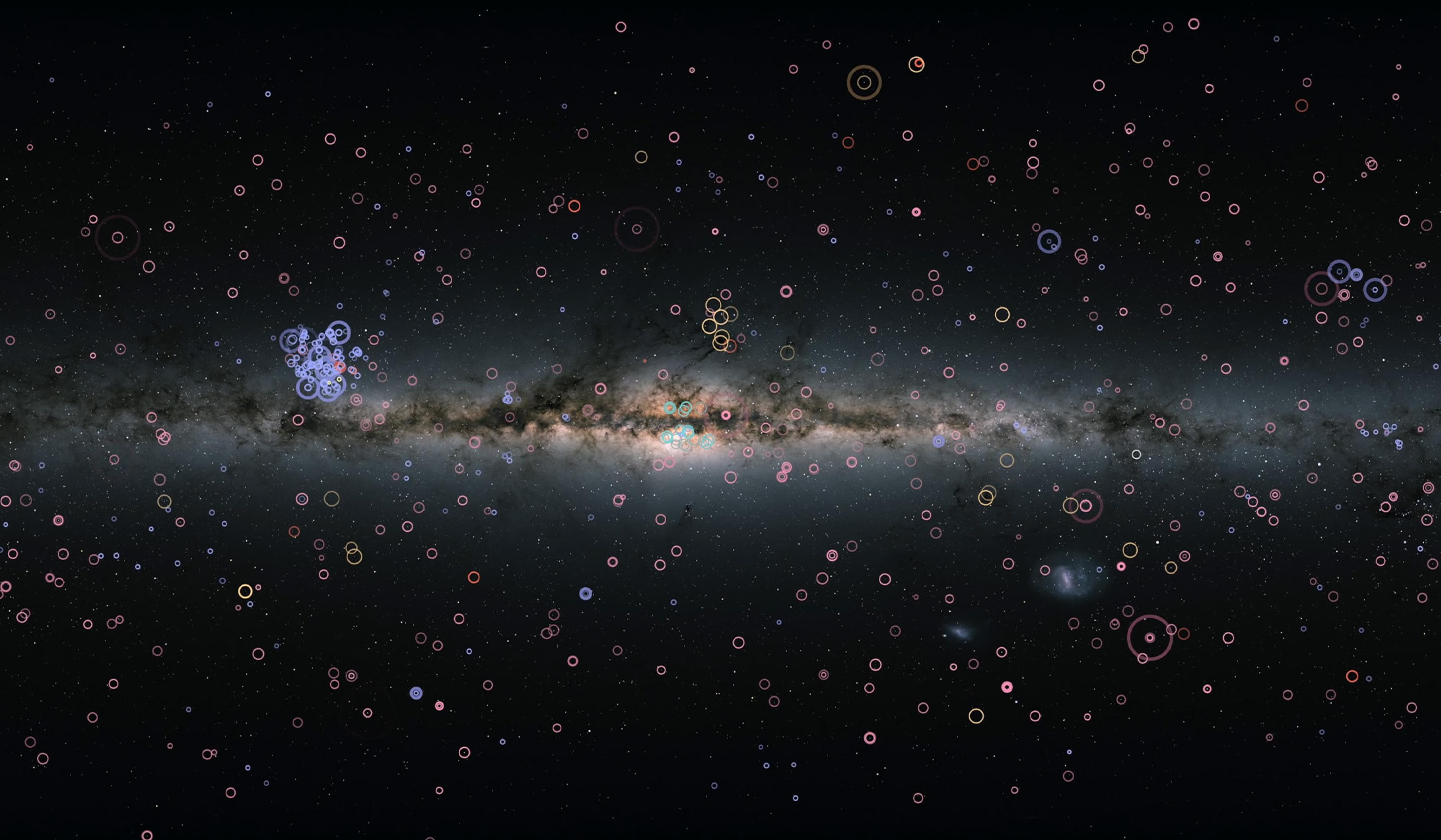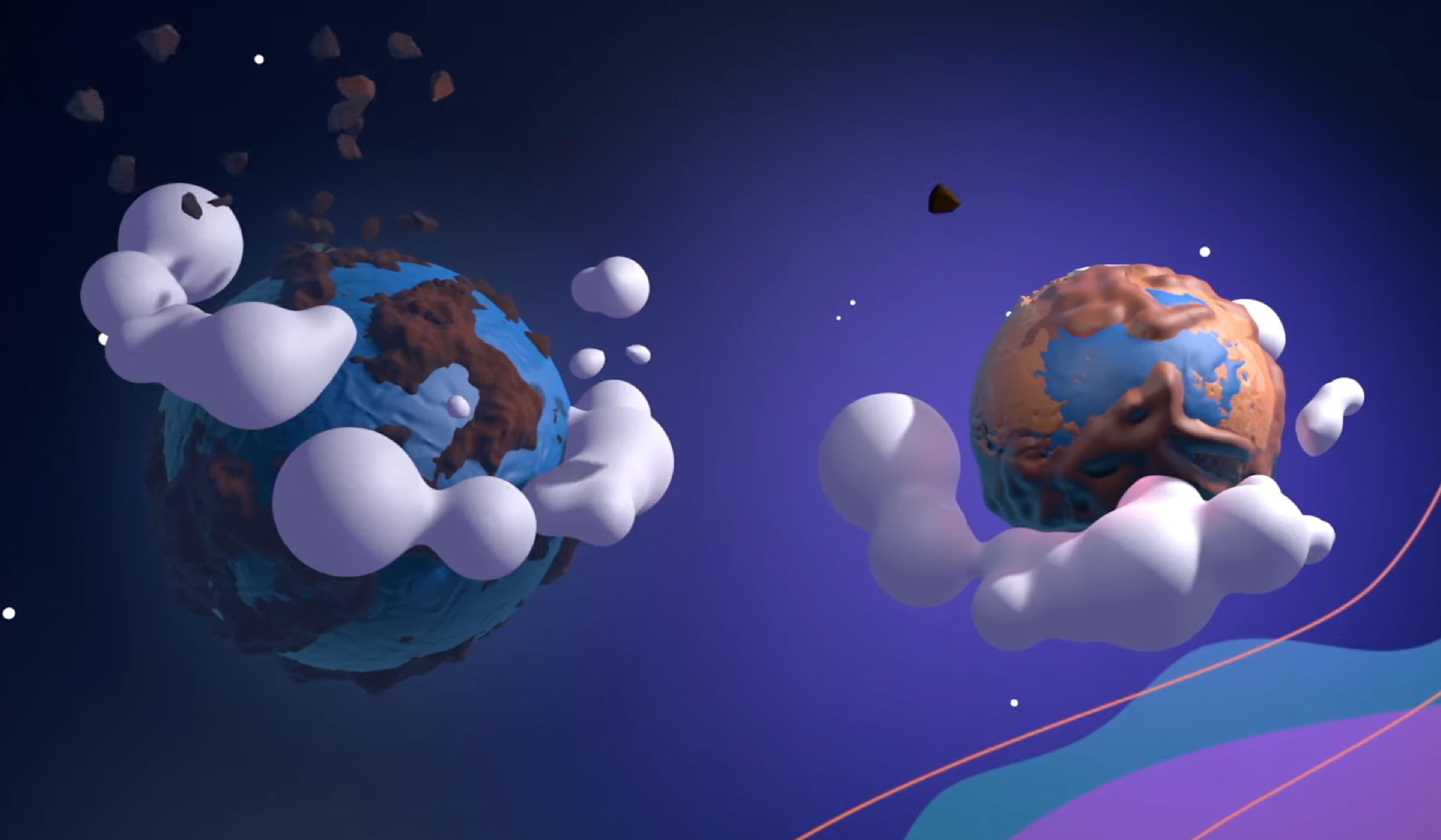Over the past several decades, the discovery of thousands of exoplanets has, for many scientists, made the prospect of intelligent life elsewhere in the Universe seem far more likely. However, the increasingly powerful instruments that have expanded our reach into the cosmos are still yet to find any such proof. Essentially, we’re still projecting ourselves into the void. And, as this entertaining video by the Swedish video essayist David Wångstedt (aka LEMMiNO) details, it’s a centuries-old scientific tradition.
From 19th-century theories of civilisations beneath the cloud-cover of Venus and the ‘canals’ of Mars, to Nikola Tesla’s belief that he had received an interplanetary radio greeting, LEMMiNO provides a brief history of how even brilliant scientific minds have tended to fill knowledge gaps with theories of intelligent alien life. And, as recent examples, including speculation about ‘Oumuaua’s origins suggest, it’s a phenomenon that’s likely to continue until – if and when – we finally make contact.








